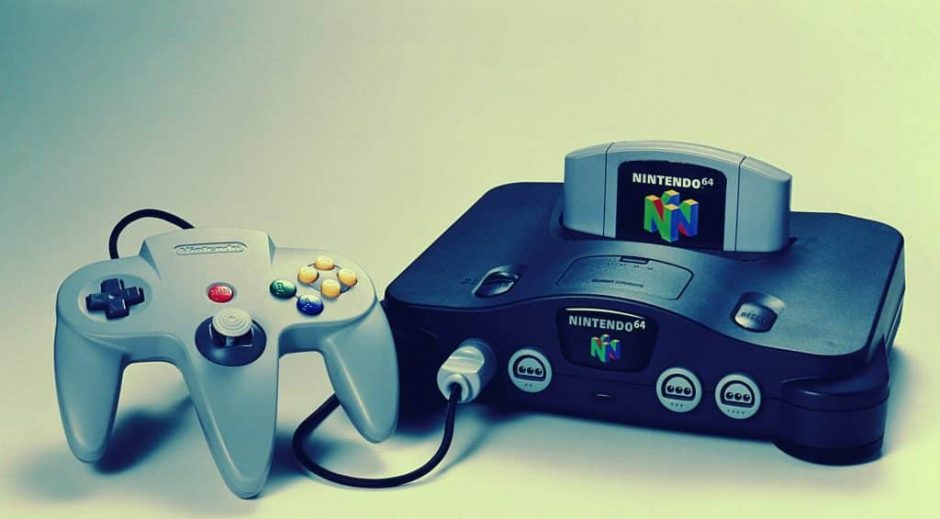
Simply put, there is no one size fits all approach to overclocking. We’ll break this article up into two parts, emulator optimisation, and overclock settings.
RetroPie Gaming Kit (Wireless Controllers). Together, they do a good job, however, this tutorial is applicable to any RetroPie setup including our pre-bundled kits: We won’t go through every emulator in detail today, (indeed, most of them don’t really benefit from any extra optimisation), however, we’ll be focusing of the Nintendo 64 emulation as it’s one of the most resource-intensive systems.įor this tutorial, we used this Raspberry Pi case with the built in fan connected to the 5V pin on the GPIO, and this large heatsink. We’ll assume now that your Pi is adequately cooled, stable, and you’ve played around with the overclocking options talked about in the overclocking tutorial. If you haven’t already, go and check out our tutorials on Cooling, Stress Testing, and Overclocking your Raspberry Pi. So how do we improve the experience? Well, there’s a couple of different ways, but mostly we’re going to be looking at overclocking, cooling, and tweaking the emulator options. If you’re still new to RetroPie and wondering what we’re talking about, be sure to check out our RetroPie Gaming Kit tutorial for a bit of a run down. This is to do with the way that the original consoles were designed to run the games and the way that the emulator code reproduces that experience. 
For example, the original NES games run a smoothly as a waterslide with soap, whereas the Nintendo 64 emulator has particular trouble maintaining a high frame rate. If you’ve had the chance to play around with the RetroPie system, you’ll have noticed that whilst it comes with a huge number of emulators, not all emulators run equally. Today we’re going to look at making RetroPie even better. Hello and welcome to another tutorial on the joys of RetroPie. SparkFun Antenna - SMA, 2dBi (433MHz) Price: $18.05Īdafruit Floppy FeatherWing with 34-Pin IDC Connector Price: $9.90

SparkFun MicroMod STM32 Processor Price: $30.40

PiicoDev LiPo Expansion Board for Raspberry Pi Pico Price: $7.35







 0 kommentar(er)
0 kommentar(er)
